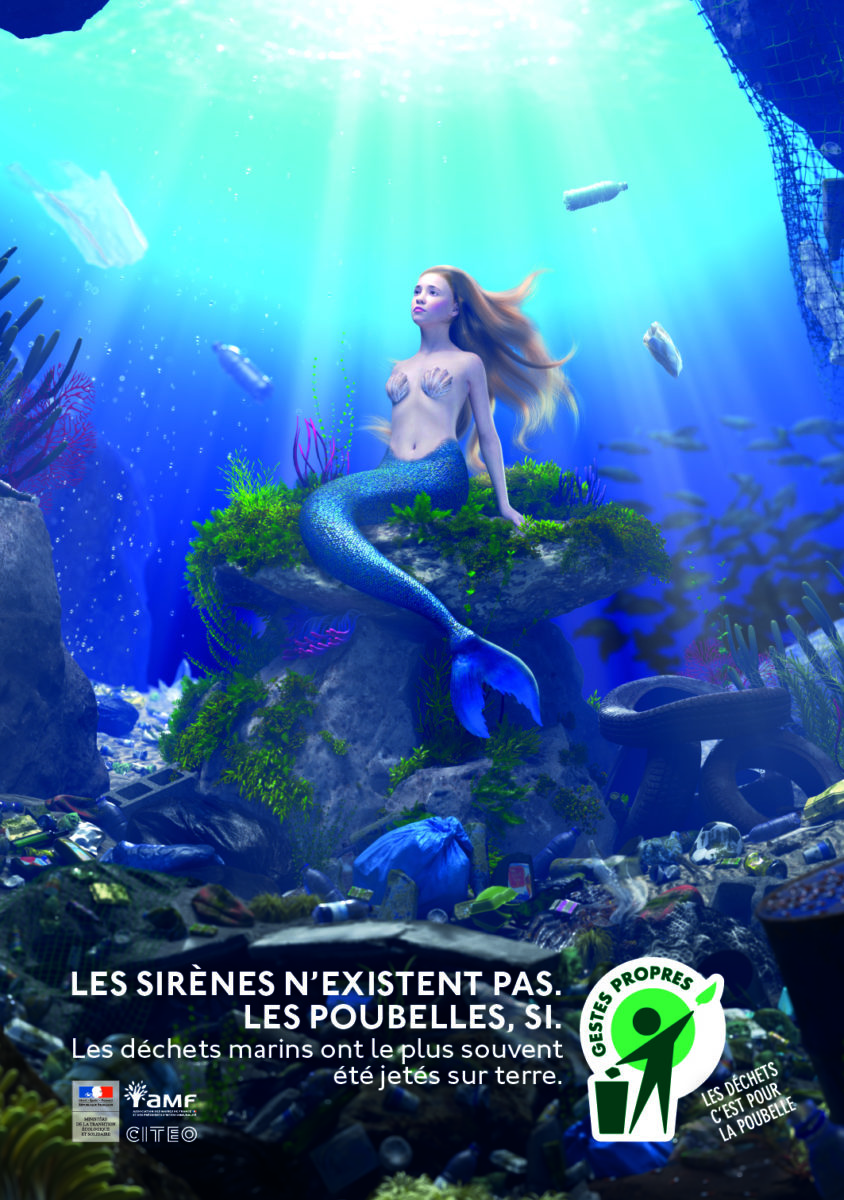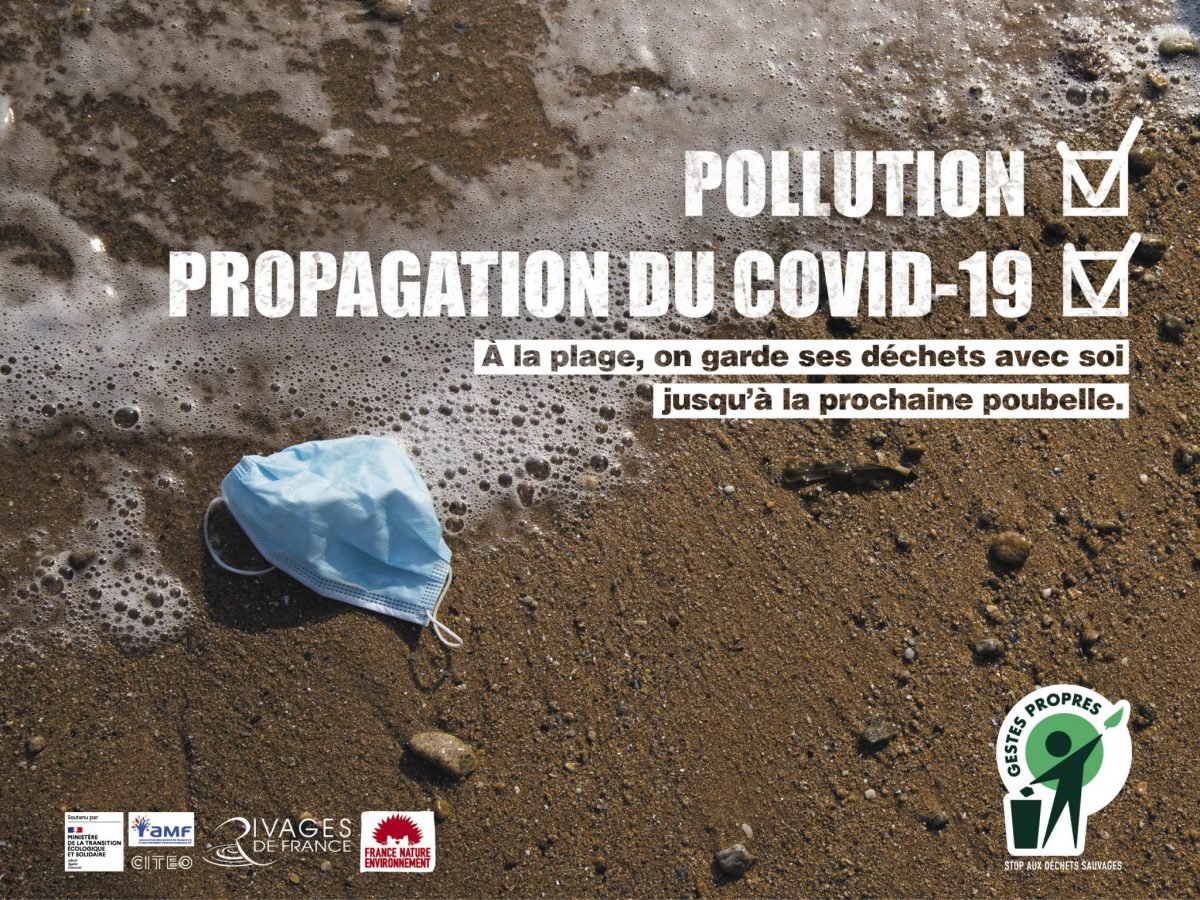
Clean Actions, for oneself and to preserve our environment – from the closest to the deepest of our oceans – for our well-being, our health and that of future generations.
Over 520 tonnes of litter, equivalent to weight of 52 Eiffel towers, were carelessly abandoned in 2018, in France, along our roads, our rivers, in our countryside, on our beaches and in our cities, many will end their journey at sea.
Faced with this alarming observation, OWN GESTURES, with the Association of Mayors of France and presidents of intercommunality, the Ministry of Ecological and Solidarity Transition, CITEO, as well as the companies involved in the association, have decided to continue their awareness campaign aimed at French people who, according to the association's citizen barometer, are 98% to believe that litter is the result of "disrespectful" behavior, 94% "uncivil" and "irresponsible".
The town of Trouville-sur-Mer, labeled Famille Plus and sensitive to the problems of environmental pollution, wants to relay this message of awareness and share a few gestures, simple in appearance but which can change things if each actor puts them in place.
The 3 Clean Gestures:
- Jeter all your rubbish in the trash
- Sort recyclable packaging for a 2nd life
- Pick up 1 litter per day, or even more, especially in nature, and/or participate in nature clean-up operations
Masks and gloves thrown in nature are against nature, Gestes Propres is rolling out its new Covid anti-waste campaign for the beaches.

Used masks, gloves and wipes have quickly become a new source of pollution and health risk. This is why Gestes Propres has decided to tackle this new scourge head-on with the support of the Ministry of Ecological and Solidarity Transition, the Association of Mayors of France and the presidents of intermunicipal authorities and Citeo.
The abandonment of protective equipment endangers the environment but not only. Everyone's health too, in particular that of cleaning staff, collection agents and sorting center employees.
This equipment degrades very slowly in nature. They release microparticles which are dispersed over great distances, often to the sea. As a reminder, nearly 80% of the waste found at sea comes from waste thrown on the ground.
Simple gestures are enough: throw this equipment in the appropriate bins, and not in the bins for recyclable waste or yellow bins.
Let's mobilize to responsibly manage this new waste because what protects us must not harm us!

